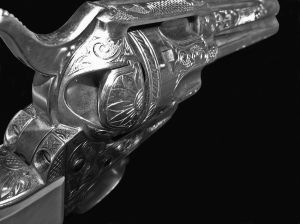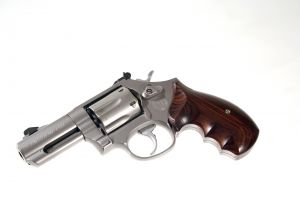Unreasonable searches and seizures are unconstitutional. If a police officer violates this prohibition against unlawful searches and seizures, any evidence that was found due to such violation can be suppressed. Therefore, the evidence cannot be introduced at trial.
In Florida, there are three types of police encounters:
- a consensual encounter in which a person is free to leave at any time;
- a investigatory stop (Terry Stop) in which the person is not free to leave, but the police officer may only pat the subject down and the officer must have a well-founded suspicion of criminal activity; and
- an arrest that is supported by probable cause to believe that a crime has occurred (or is being committed).
 Jacksonville Criminal Defense Lawyer Blog
Jacksonville Criminal Defense Lawyer Blog






 The Jacksonville Sheriff’s Office has in effect an initiative known as “Operation Safe Streets.” Due to Jacksonville’s soaring murder rate, this initiative focuses on gun crimes. The idea behind Operation Safe Streets is that a criminal defendant charged with a gun crime will serve time in jail. The goal of the Jacksonville Sheriff’s Office is to get guns off the street, stop people from carrying guns illegally, and send a message to the community to deter gun crimes.
The Jacksonville Sheriff’s Office has in effect an initiative known as “Operation Safe Streets.” Due to Jacksonville’s soaring murder rate, this initiative focuses on gun crimes. The idea behind Operation Safe Streets is that a criminal defendant charged with a gun crime will serve time in jail. The goal of the Jacksonville Sheriff’s Office is to get guns off the street, stop people from carrying guns illegally, and send a message to the community to deter gun crimes.